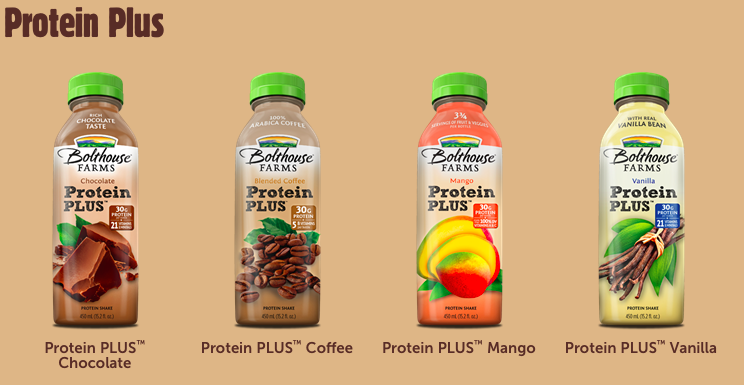As you prepare for this week’s feast, you’re probably thinking a lot more about side dishes and table settings than chemicals. This is a good thing, since Thanksgiving is a time to slow down and focus on family, friends and everything else we’re lucky to have.
But I came across these tips from Healthy Child Healthy World and wanted to share them with you before we all begin a week of cooking. Just a few simple shifts – like reading the ingredients on a stuffing label or sautéing food in a stainless steel pan – can make your Thanksgiving meal significantly healthier (though no less indulgent!).
Here are a few ways you can keep toxic chemicals off your Thanksgiving table.
1. Buy an organic bird. Since turkey is the main event on Thanksgiving, it’s worth splurging on a bird that was raised in a sustainable way. If you can’t find organic or pasture-raised turkey, look for one that doesn’t have any of the following words on the label: self-basting, deep-basted, enhanced or pre-marinated; these words are code for “added chemicals.”
2. Choose fresh instead of canned. Most cans are lined with BPA (bisphenol-A), a harmful chemical that leaches into the food inside. So skip the canned yams, cranberry sauce and green beans and go for either fresh or frozen instead.
3. Watch out for artificial colors. Believe it or not, all sorts of common Thanksgiving ingredients may contain artificially colorings: cranberry sauce, pie filling, gravy, dinner rolls and more. Reading labels when you shop will help you avoid these toxic colorings, which have been linked to ADHD and hyperactivity.
4. Avoid nonstick cookware. Perfluorchemicals are the compounds that make cookware non-stick, but under high heat they release toxins into the air and food. Though you may have to add a little more oil or butter, it’s actually healthier to cook with cast iron, enamel coated cast iron, or stainless steel.
5. Buy organic ingredients when possible. By definition, organic food cannot be produced with toxic pesticides, genetically modified ingredients, antibiotics, artificial growth hormones – all things you probably don’t want included in your Thanksgiving traditions. Choosing organic limits your exposure to all of these. If you’re on a tight budget, consult the Dirty Dozen list to see which foods are most likely to be contaminated.
6. Be wary of MSG. Monosodium glutamate (MSG) is a flavor-enhancing chemical can trigger reactions like breathing difficulties and changes in heart rate in some people. Glutamate, its key component, is also found in hydrolyzed, whey, soy, and textured proteins; sodium and calcium caseinate; yeast extract; and autolyzed yeast. Read labels and avoid products that contain these ingredients. (Note: these are largely found in cheese & ranch-flavored foods, seasonings, as well as some Asian-inspired foods).
7. Make as much food from-scratch as possible. According to new research recently highlighted by Healthy Child Healthy World, approximately 10,000 additives are allowed in food. But the FDA has no safety information on about 80% of them (Scary!!). Yet another reason to center your meal around whole, homemade, unprocessed foods.
These tips were adapted from those shared by Alexandra Zissu of Healthy Child Healthy World.







No Comments